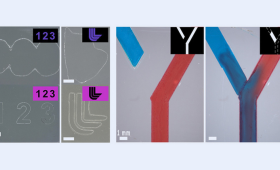In a new study, LLNL researchers developed a hybrid additive and subtractive manufacturing system with a unique resin that enhances traditional 3D printing.
Science and Technology Highlights
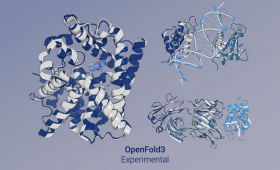
LLNL scientists and collaborators have achieved a milestone in biological computing: completing the largest and fastest protein structure prediction workflow.
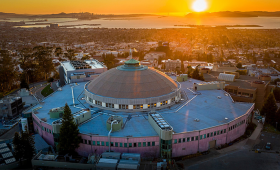
In a recent study, LLNL and Lawrence Berkeley National Laboratory scientists described how synchrotron-based scanning transmission X-ray microscopy (STXM) can identify chemical states and material impurities at the scale of individual particles.

The DOE announces $134 million in funding for two programs designed to secure U.S. leadership in emerging fusion technologies and innovation.
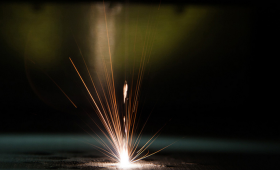
LLNL researchers are tackling this challenge by developing first-of-their-kind approaches to look at how materials and structures evolve inside a metal AM structure during printing.
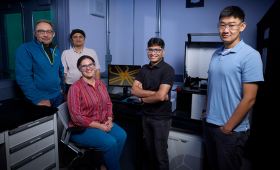
LLNL researchers and collaborators miniaturize quadrupole ion traps for the first time with 3D printing.
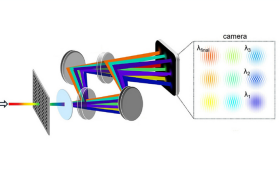
In a study published in Optica, LLNL researchers developed a new diagnostic that captures plasma evolution in time and space with a single laser shot.
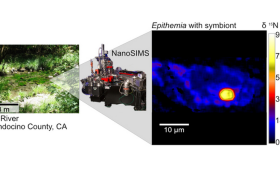
LLNL researchers and collaborators investigated a California river ecosystem and found a nitrogen-fixing bacterium that acts like a proto-organelle.
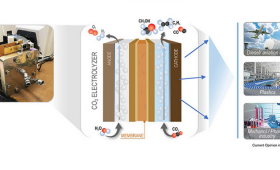
In a new study, LLNL researchers design a new polymer ink, called an ionomer, that controls how gas and water move in electrochemical devices.
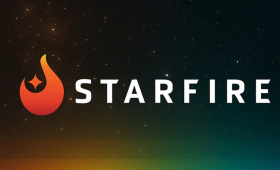
The STARFIRE Hub for IFE, led by LLNL, adds five new members to its Diode Technology Working Group.


